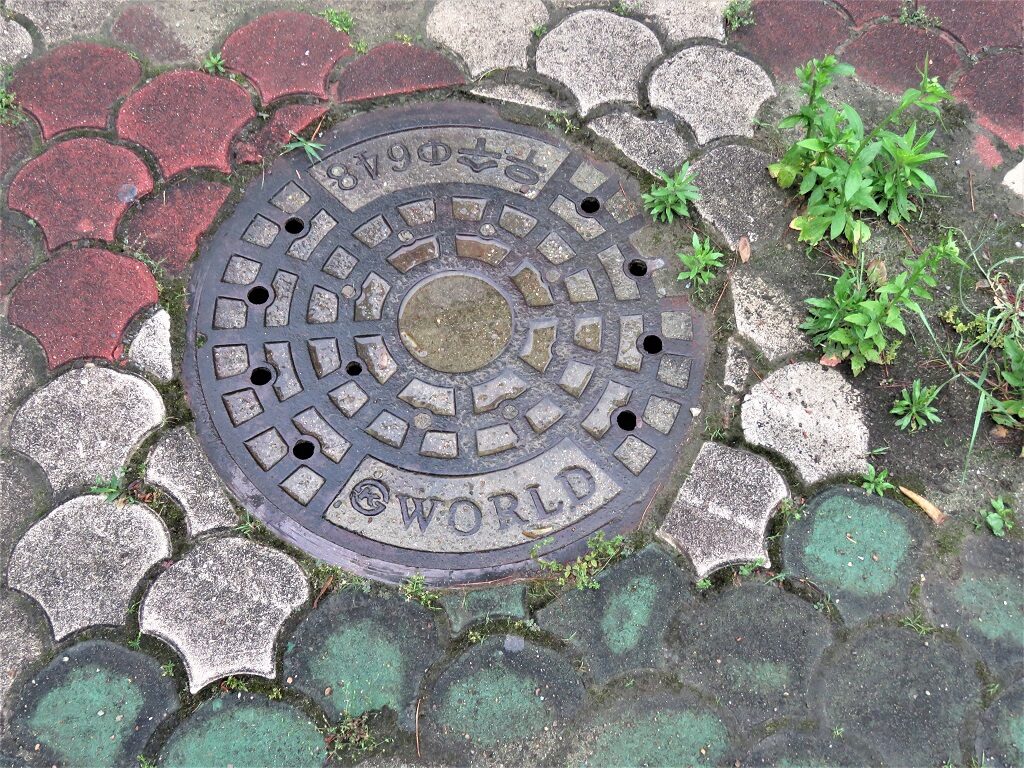Government-Controlled Digital Currency
There is an increasingly open discussion, at the highest reaches of banking and government the world over, of adopting new forms of digital currency controlled by central banks, which banks in turn will work out the details together, thus coordinating the parameters and conditions of this exciting new age of digital currency at a global level. The parameters and conditions being discussed in an increasingly open way — which is to say that these parameters and conditions have already been drawn up and prepared for implementation in a secret way — include, not as a peripheral point but as indispensable to the concept, the marriage of centrally-controlled currency to the concept of “social credit,” producing the perfect offspring of a currency digitally limited to specific purposes, which is to say a currency that will have no value for purchasing anything which the central bank controllers and their corporate and administrative state allies have determined to be inappropriate or socially unacceptable, either in general or for a particular citizen. That is, this exciting new currency will in effect be digital coupons or vouchers, redeemable only for the goods and services approved by the global rulers, but worthless for any unapproved use.
Let us think about what this would mean. To the extent that this currency becomes the only legal tender, which of course will be the ultimate and inexorable trajectory of the project once implemented, it will effectively leave citizens restricted in what they may pay for, i.e., what they may have or seek to acquire through legal transaction. Cash will still be available at the outset, but naturally only for a limited time, a transitional period designed to inure the skeptical to accepting the presence of this new form of tyranny as merely “a new option,” until alternative means of purchasing are gradually phased out, making the digitized social credit financial system fully operational. From the inevitable day of full implementation, however, only the direct exchange of goods and services, meaning a pre-monetary barter system, would be available to those wishing to acquire anything from one another which is not on the central-bank-certified list of morally permissible behaviors. But consider what this circumstance entails: From that moment on, the list of items for which one’s digital coupons (“money”) may be used will serve as, in effect, a list of morally acceptable behaviors, thus implicitly identifying everything not coded into the digital currency’s value software as anti-social or immoral by definition.
That politically transgressive essay or racially insensitive classic play you wanted to read? The room you wanted to rent for your anti-globalist discussion group? The store you wanted to shop at whose owner was recently blacklisted by the central bank’s currency moderators for “transphobic” or “anti-democratic” comments, or for refusing to make a wedding cake for an incestuous marriage? Oops, that super-convenient digital currency application on your phone is giving you a succinct little message: “This product/purpose violates social welfare standards; digital transaction denied.” At that moment, the mere fact of considering an alternative form of payment, whether old-fashioned cash (soon to be phased out) or barter, puts you at risk of having openly declared yourself opposed to the current government-approved social morality rules, or of knowingly offering disapproved succor or sustenance to social violators who are under restrictions. Such an action would be this brave new economy’s equivalent of secretly visiting the leper colony. Sure, you can try it, but if people in your neighborhood find out you did that….
You work for an income, but the uses you may make of that income are determined by limits imposed on the economic uses of “your” money by the government or the quasi-governmental central bank. This is not the same as legal prohibitions on the production or sale of certain items, such as recreational drugs. It is a direct violation of your control over your own income, which is to say over the time and effort you devoted to earning that income. In short, it is a direct violation of the principle of private property rights, and more precisely of the very foundation of property rights, namely self-ownership. It is no wonder, then, that the first country to implement exactly such a system attaching a centralized digital money supply to a state-imposed social morality code, and hence the working model for the institution of such systems worldwide, is China, a communist nation in which property is by definition nothing but an imaginary construct in a state-regulated game called “the economy.” Property, in such a system, far from representing the last bulwark of individual liberty, actually becomes a euphemism for the most pervasive and insidious form of social control ever conceived.



